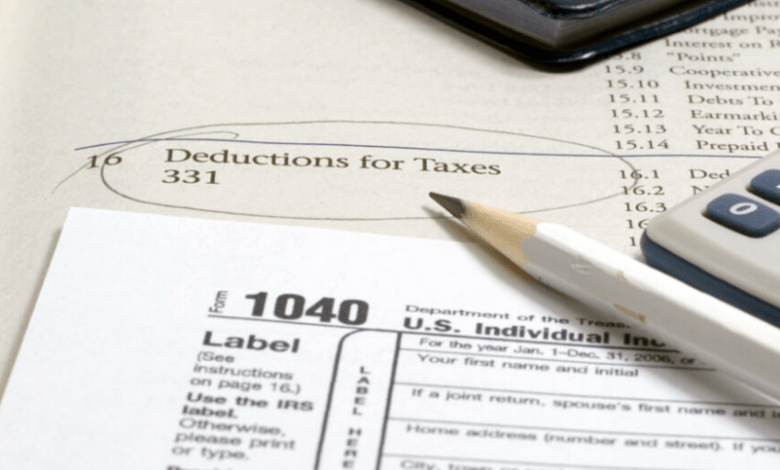House Passes $78 Billion Tax Bill: Child Tax Credit Expanded, Business Breaks Revived

In a resounding move, the U.S. House gave the green light on Wednesday to a whopping $78 billion tax package. This hefty bill not only amplifies the child tax credit but also breathes new life into tax perks for businesses.
Bipartisan Backing: What Went Down in the House
With a significant 357-70 vote, the bill, named the Tax Relief for American Families and Workers Act of 2024, now heads to the U.S. Senate. However, there’s no guarantee it’ll sail through smoothly. Notably, all 14 North Carolina representatives voted ‘yes,’ except for Republican Dan Bishop, who stood in opposition.
Debates Galore: What Politicians Had to Say
The 84-page measure sparked a bipartisan debate on the House floor. Both Democrats and Republicans rallied behind the agreement forged between Missouri Republican Rep. Jason Smith and Oregon Democrat Ron Wyden, the Senate Finance Chairman.
However, not everyone was on board. Far-right lawmakers voiced concerns, arguing that expanding the child tax credit would widen the scope of the “welfare state.” On the other end, progressive Democrats felt the bill fell short in delivering relief to low-income and working families.
Insight from the Movers and Shakers
Missouri Rep. Jason Smith hailed the bill, emphasizing its potential to boost American businesses, foster job creation, and enhance competitiveness, especially against global juggernauts like China.
Massachusetts Rep. Richard Neal, while acknowledging that the bill wasn’t exactly what he would have crafted, deemed it sensible policy. He criticized far-right Republicans for labeling initiatives like the child tax credit as “welfare.”
Some Republican representatives, including Bob Good of Virginia and Matt Gaetz of Florida, raised eyebrows over the possibility of child tax credit payments reaching undocumented immigrants. They also took aim at tax breaks for businesses.
However, Georgia Rep. Drew Ferguson vehemently defended the bill, asserting its focus on bolstering American businesses and families rather than doling out tax breaks.
Connecticut Democratic Rep. Rosa DeLauro expressed dissent, dubbing the bill a lopsided boon for big corporations at the expense of middle- and working-class families.
On the flip side, the White House signaled support for the bill, with Press Secretary Karine Jean-Pierre describing it as a “welcome step forward.”
The bill’s highlight is the expansion of the child tax credit, slated to reach a maximum of $2,000 by 2025. This expansion, spanning three years, falls short of the levels witnessed during the COVID-19 pandemic.
Moreover, the bill includes various tax incentives for businesses, such as immediate deductions for domestic research and development investments.
Senate Majority Leader Chuck Schumer and Senate Finance Chairman Ron Wyden are eyeing swift action on the bill. While some critics lament the bill’s scope, emphasizing immediate needs like diapers and shoes for children, others are hopeful for amendments to address concerns.
As the bill awaits Senate scrutiny, the debate over its merits and shortcomings continues. While proponents tout its potential to bolster families and businesses, critics remain skeptical, calling for a more equitable distribution of benefits.
In the end, it’s a waiting game as lawmakers navigate the intricate terrain of tax policy and socioeconomic priorities in the United States.




